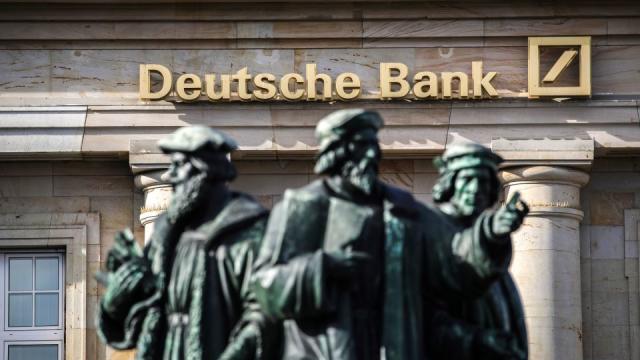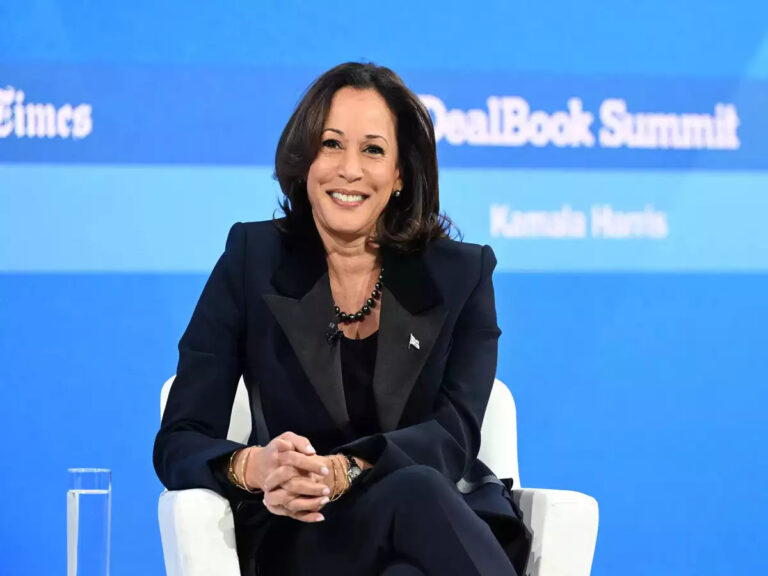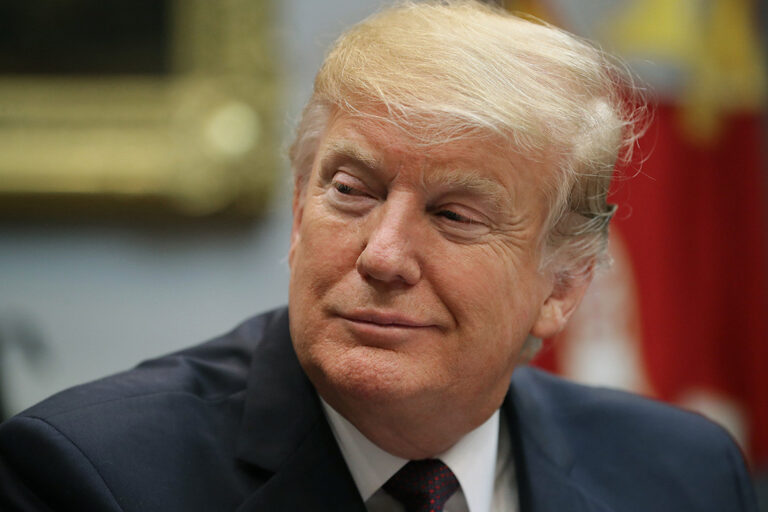In a surprising turn of events, General Motors (GM) has announced a significant cash windfall for its shareholders, just weeks after it claimed financial constraints in meeting the demands of its labor union. The company, determined to boost its stock price, unveiled plans for a $10 billion share buyback and a substantial 33% increase in dividends. This move is aimed at appeasing investors who were left unsettled by the extensive United Auto Workers (UAW) strike that occurred earlier this fall.
Following the announcement, GM’s stock surged by nearly 10%, demonstrating the positive impact of the news on the company’s financial outlook. However, this development comes on the heels of GM executives asserting their inability to meet the union’s demands for higher wages and benefits. GM President Mark Reuss went as far as deeming the union’s contract demands as “untenable,” citing concerns that meeting these demands would hinder the company’s ability to invest in its competitiveness relative to nonunionized automakers.
The UAW strike persisted for six weeks and had significant repercussions, leading to the shutdown of crucial manufacturing plants. GM reported that the strike incurred costs totaling $1.1 billion, including lost production and other related expenses. Furthermore, GM anticipates an additional cost of $9.3 billion through 2028 for new contracts with its unionized workers in the United States and Canada. These new agreements secured a record-breaking 25% wage increase for 46,000 UAW members over the contract’s lifespan.
The timing of GM’s announcement regarding shareholder rewards suggests the company’s capacity to absorb the financial blow caused by the strike. GM recently posted strong earnings for its most recent quarter and now forecasts a full-year operating profit ranging from $11.7 billion to $12.7 billion.
CEO Mary Barra commented on the situation, stating, “Now that we have a ratified contract and a clear path forward that includes greater operating investment efficiency, we can resume returning excess capital to shareholders per our plan.”
However, it’s worth noting that the UAW expressed strong objections to GM’s payments to shareholders in the form of share repurchases and dividends. One of the union’s prior demands was that each member should receive $2 for every $1 million the company spent on share repurchases and increased dividends. Regrettably, this issue was dropped during negotiations with the management, and the UAW has yet to provide immediate commentary on GM’s buyback announcement.
Share buybacks, which involve a company repurchasing outstanding shares to boost the value of existing shareholders’ stakes, have long been a contentious but commonly used mechanism for rewarding investors. Critics, including US Senator Elizabeth Warren, criticize this practice as “paper manipulation” that artificially inflates a company’s value.
In response to GM’s latest buyback announcement, Warren stated, “This is an insult to auto workers who had to fight like hell to get a fair contract. Now executives, company insiders, and big shareholders are squeezing every spare dollar out of the company.”
Despite the surge in GM’s share price following the announcement, the stock is still trading at a lower value than it did at the beginning of the strike, with shares experiencing a 19% decline over those six weeks. Although the stock has shown some signs of recovery, Wednesday’s gains still left it down by 6% for the year.
General Motors’ decision to reward shareholders with a substantial cash return comes as a surprise after recent labor negotiations. The company appears confident in its financial stability, despite the significant costs incurred during the UAW strike. This move, while benefiting investors, has not escaped criticism from those who believe it prioritizes shareholders over the welfare of the workforce.





















+ There are no comments
Add yours